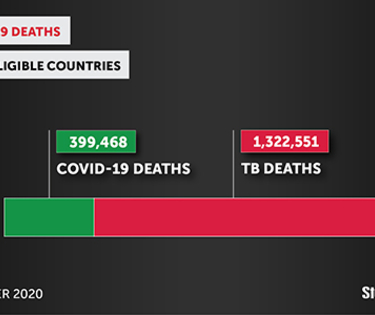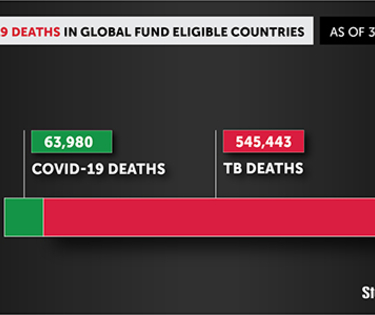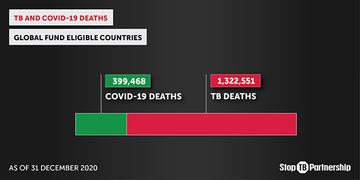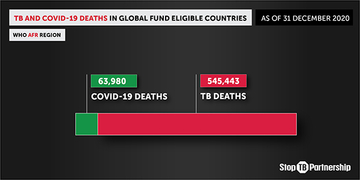Measures to be taken by people with TB to reduce their risk for COVID-19:
- Social distancing with "reverse-quarantine": Remain at home and avoid contact with people as much as possible.
- Wash hands frequently with soap and water.
- Don’t touch face, nose, eyes with unwashed hands.
- Avoid close contact with those who are unwell.
- Strictly adhere to your TB treatment.
- Avoid hospital visits as much as possible and keep in touch with your doctor/nurse/health facility by phone.
- Use masks, and take extra caution to maintain hygiene such as - disinfection of hands, used surfaces, proper disposal of used tissues, etc.
TB Programmes need to:
- Ensure proper communication is maintained with people affected by TB and all stakeholders using virtual means of communication.
- Secure multiple months of TB medicines are made available at the homes of people on TB treatment
- Use appropriate digital adherence/support tools according to the local context.
- Ensure people with TB receive necessary psycho-social, nutritional, economic support.
- Ensure TB care providers are well briefed and use essential personal protection equipment.
- Switch to treatment for drug-resistant TB which is injection free. Ensure systems are in place for remotely monitoring of side effects and minimizing hospital visits.
- Maintain uninterrupted TB drugs supply by planning early procurement and careful planning of local distribution and transportation in lock down situations.
National and sub-national governments to support special vulnerable population groups:
Certain populations are at greater risk of TB, because of where they live, where they work or because of other socio-economic factors which result in them experiencing barriers to accessing health services. Despite the emergency nature of the COVID-19 pandemic, health approaches, as well as social policies, should consider rights and gender equity.
- Care must be taken to ensure that all people, but particularly those who are most vulnerable, receive access to TB and COVID-19 services and that no groups are left behind.
- This should extend to social, legal and economic protections to maintain good mental health and to act against stigma and discrimination.
Special attention is required for health care workers. They are the frontline against TB and COVID-19. They must be protected and supported to ensure they can undertake their job safely and effectively.
Note: the above points have been compiled to provide immediate help to people affected by TB and TB programmes, recognizing that we are faced with an unprecedented situation. This is not exhaustive and may change and evolve as more evidence and experiences are gathered.
Bidirectional Screening and Testing for TB/ COVID-19:
Tuberculosis and COVID-19 are infectious diseases which primarily attack the lungs. They present with similar symptoms of cough, fever and difficulty in breathing, although TB disease has a longer incubation period and a slower onset of disease. In order to address this dual morbidity of Tuberculosis and COVID-19, Government of India has recently released these guidelines.






